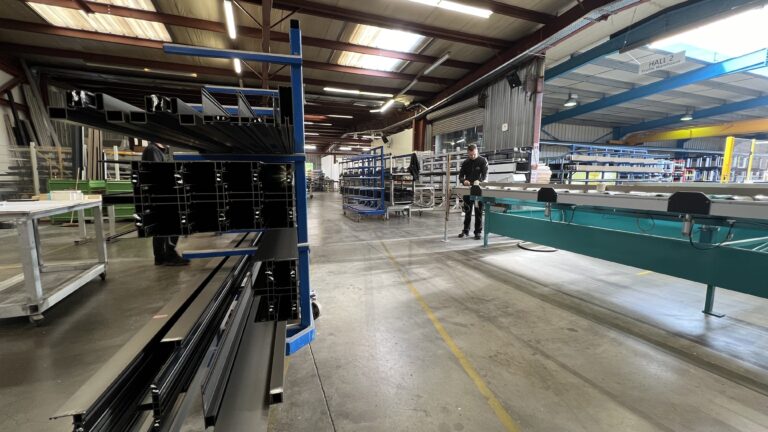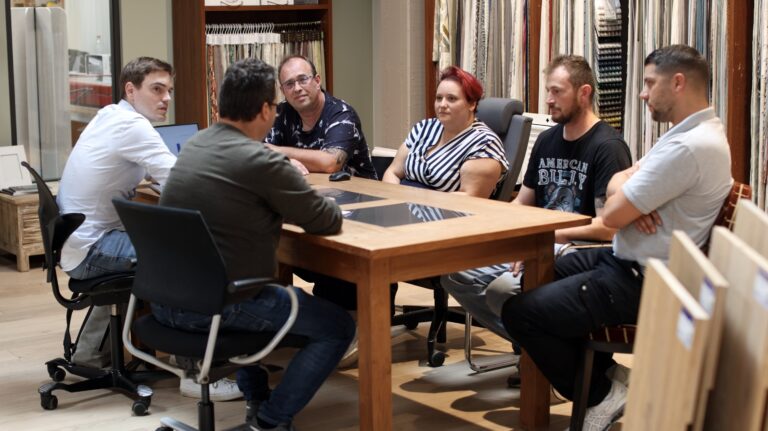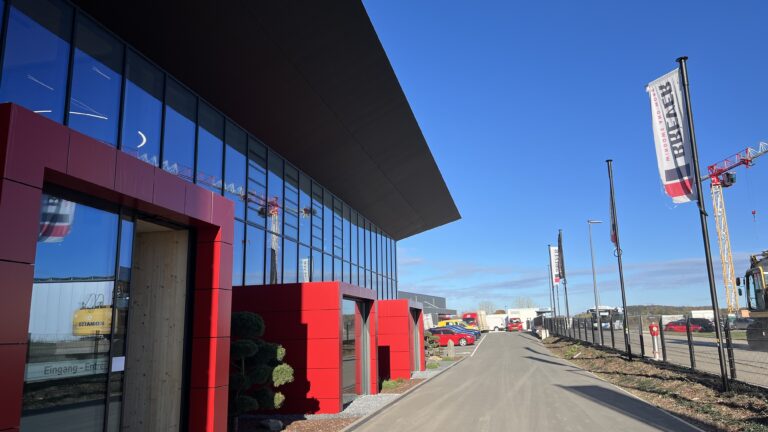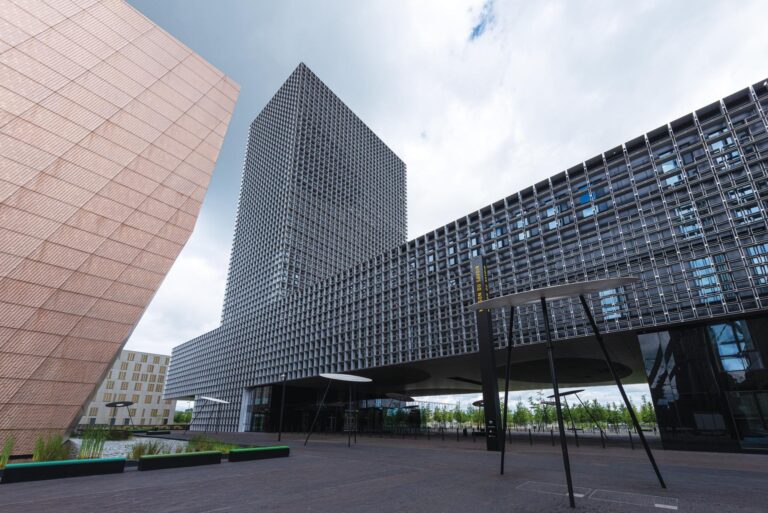Keller Minimal Windows is a global player renowned for its innovative, high-quality aluminium window and door systems.
At the heart of Keller’s philosophy is a commitment to sustainable business processes and approaches. The company is constantly pushing architectural boundaries while minimising its environmental impact. Its aluminium systems are designed to deliver reliable, long-lasting performance.
Since 2020, Keller has been part of the AluK group, a world leader in aluminium systems, combining family expertise with financial strength. Despite its international presence, Keller retains a personalised and flexible approach, with made-to-measure production based in Luxembourg.
Idea
Reducing carbon footprint while ensuring a sustainable product
Keller is committed to reducing its carbon footprint while maintaining the excellence of its top-of-the-range windows. This ambition is based on several principles:
- Eco-responsible materials: giving preference to materials from suppliers who comply with environmental standards
- Optimising production processes: reducing waste and energy consumption
- Sustainable logistics: minimising environmental impact through reusable packaging and more environmentally-friendly means of transport
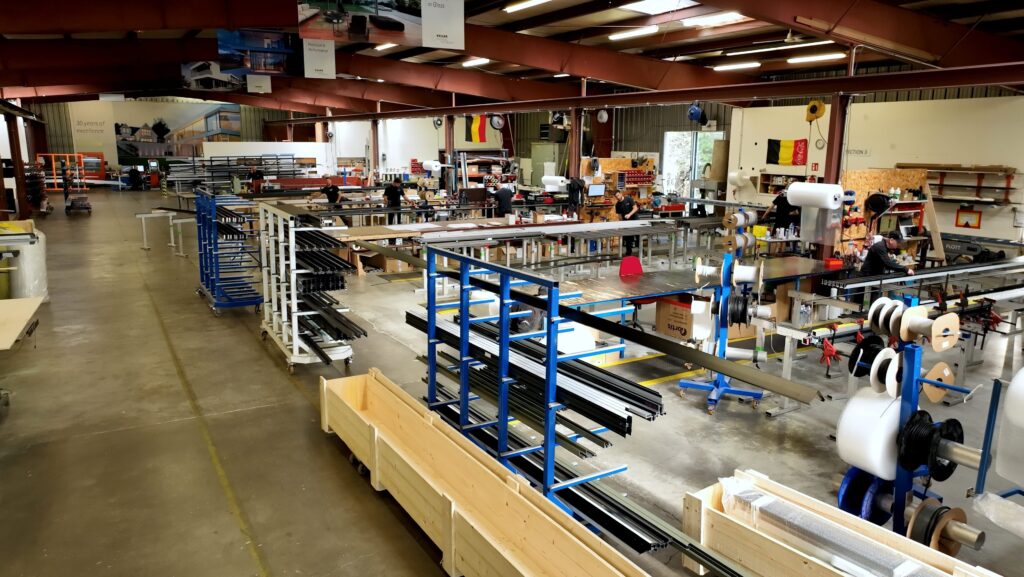
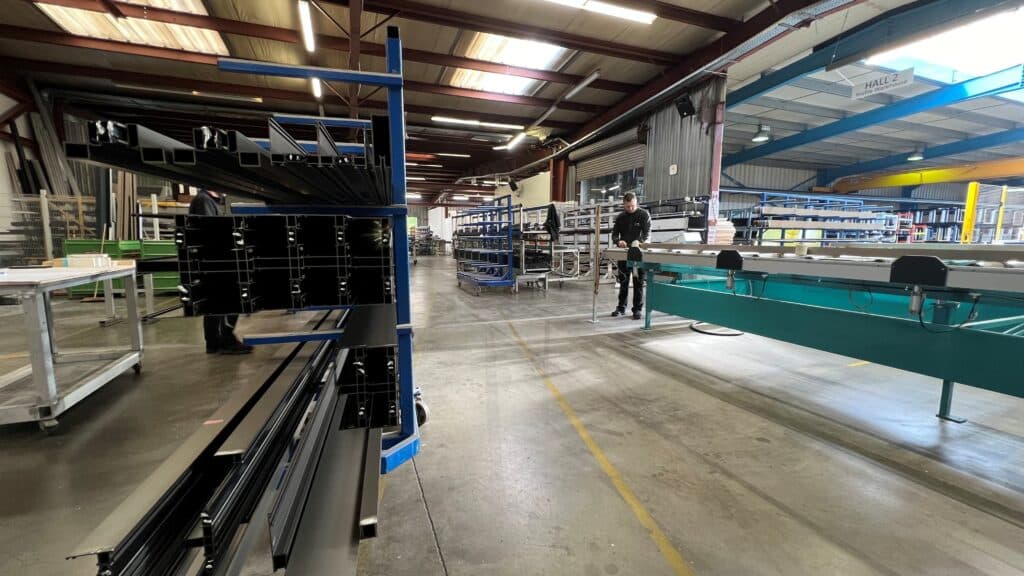
Design
Carrying out a carbon audit of the entire value chain
Carrying out a full carbon audit enables us to identify the precise sources of emissions at each stage of the process, from product design to delivery. This carbon footprint is more than just a diagnosis. It provides a strategic basis for implementing concrete, measurable solutions.
Implementation
The stages of the carbon footprint
The implementation of the carbon footprint assessment was structured in several phases:
- Analysis of activities: identification of the sources of direct emissions (production, energy consumption, etc.) and indirect emissions (suppliers, transport, end-of-life products, etc.)
- Data collection: precise compilation of the information needed to assess the overall impact
- Report and recommendations: a detailed report was drawn up, highlighting the main areas for reduction and proposing concrete measures to minimise the carbon footprint.
Results
The results of the carbon footprint on the company’s sustainable development
This assessment has made it possible to implement concrete solutions, such as:
- The use of materials with a low carbon footprint
- Increased energy efficiency in production facilities
- Optimised logistics to limit transport-related emissions.
This analysis and the resulting actions illustrate Keller’s commitment to responsible production and actively contributes to the ecological transition, while guaranteeing top-of-the-range products.
